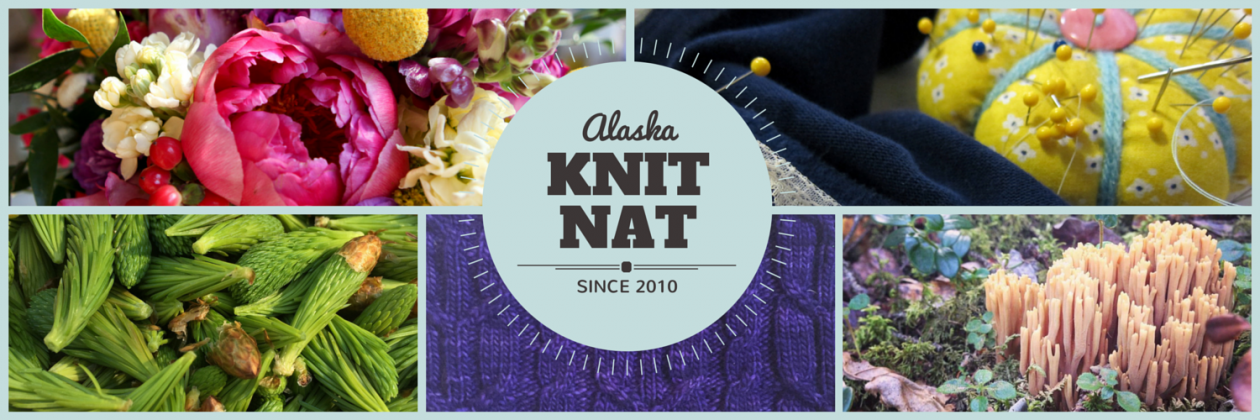A guest post by Maria Cannon

Between working, keeping a tidy house, making meals and allotting time for family activities, our schedules certainly seem full; however, nearly everyone finds time for leisure activities. In fact, 96 percent of people age 15 and older engage in a leisure activity, which is defined as watching TV, socializing, exercising, reading, using computers for leisure or playing games.
The Stats
The amount a person spends on activities varies by age, sex, employment and whether the individual has children. Even the busiest group – employed adults living in households with a child under age six – reported engaging in leisure activities for 3.4 hours per day. People over the age of 75 spend almost eight hours every day, while adults between the ages of 35 and 44 devote four hours. With nearly everyone participating in leisure activities, how are they spending their time?

Watching television is the most popular leisure activity, capturing nearly three hours a day overall. Socializing is the second most common activity but accounts for only 41 minutes. The amount of time spent reading varies greatly by age; people over the age of 75 read for an hour and spend 20 minutes on games or computer time, while those between the ages of 15 and 19 only read for eight minutes and spent 1.3 hours on games and computers.
While making time for leisure activities is important, the quality of the activity is equally as important. Sitting back and turning off our brains for a little bit is okay, but we should switch around the ratio of time spent reading versus watching television. Some hobbies are scientifically proven to help improve our health, and we should opt for those over mind-numbing activities such as binge watching a show.

Creating Music
Creating music can benefit our brains. The more years someone makes music, the more he or she benefits, and beginning musical training before the age of nine provides the greatest long-term benefits. However, even older people profit from taking up an interest in music.
An assistant professor of music education studied the impact of individual piano instruction on adults between the ages of 60 and 85. After six months, she found that those who had received piano lessons showed more improvements in memory, verbal fluency, planning ability, speed of information processing, and other cognitive functions than those who had not received lessons.

Arts and Crafts
Arts and crafting activities induce a calm, happy, and focused state, which is called flow. Flow occurs when we are so engaged in a complex task that our brains are forced to forget other stresses. When you are involved in creativity, sense of time disappears, and you lose yourself in the moment. The effects of flow are similar to those of meditation.
Creating art and engaging in crafting activities involves distinct brain areas, including those involved in memory and attention span, visuospatial processing, creativity, and problem solving. Using these areas can improve cognitive function. Crafting and creating art also reduce stress, increase happiness and protect the brain from damage caused by aging. People who suffer from anxiety, depression, chronic pain, or addiction also notice improvements through these creative outlets.

Reading
Reading fiction material positively affects brain health and function. Reading is a highly complex task that requires several brain regions to work together. Neuroscientists discovered that reading a novel appeared to help enhance connectivity in the brain, and the enhancement continued for five days after an individual had completed the novel.
Other hobbies have benefits too, including cooking, completing puzzles and playing sports. Playing hours of video games or consuming hours of television after a long day is tempting, but you’ll reap more benefits from pursuing a hobby that’s shown to provide health benefits. You’ll enjoy yourself while you also reduce stress, improve brain functioning, and even make new friends.
Maria Cannon has suffered from depression and anxiety for years. Her hobbies–quilting, sewing, knitting, and more recently, gardening–play a major role in maintaining her mental health.


